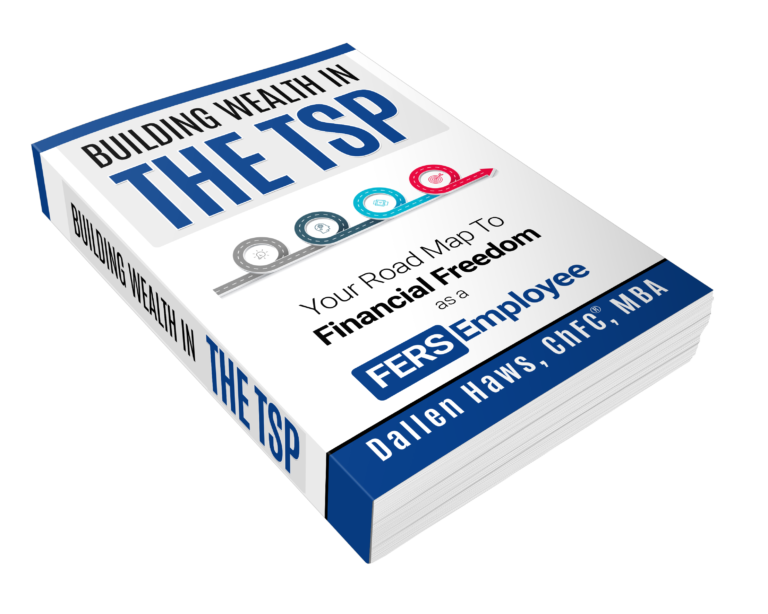Warren Buffett is a legend.
With a net worth of more than 115 billion $, he obviously knows something about money.
But Buffett is different from most of the world’s ultra-wealthy.
Unlike Jeff Bezos or Elon Musk who built businesses that provide goods and services, Buffett made his money by soley investing in other companies.
And fortunately for us, he is very open about his investment strategy.
Buffett’s Investment Plan
While Buffet is alive (he is currently 91 and going strong) he is obviously very capable at making his own investment decisions.
However, he knows that once he dies his heirs won’t be near as competent.
That is why he has give his estate instructions to invest his fortune this way once he passes:
-90% in a low-fee stock index fund/ETF (like the S&P 500 or the C fund)
-10% in short-term government bonds (like the G fund)
And Buffett gives 3 main reasons he is planning to invest this way
Low Fees
Buffett knows how important low fees are across a lifetime and retirement. And the good news is that low fees are built right into your TSP as a federal employee.
Whenever you invest in a mutual fund or other investment that is actively managed then you often have to pay a pretty penny in fees.
Focus on high-quality, low-fee investments for success over the long term.
Diversify
Investing in index funds or ETFs allows you to invest in hundreds of different companies at a time.
This keeps your money diversified and significantly lowers the risk of any one company doing poorly.
Whenever you invest in individual stocks you take on the added risk and emotional stress, hoping that that one company does well.
Invest in Stocks Like You Would a Farm
Buffet is a long-time buy and hold investor. That means that when he invests, he invests for the long-term.
He often says how investors should invest as if they were buying a farm.
He says, “Nobody buys a farm based on whether they think it’s going to rain next year. They buy it because they think it’s a good investment over 10 or 20 years.”
You don’t want to let short-term volatility scare you from following your long-term plan. Invest for the long term.


